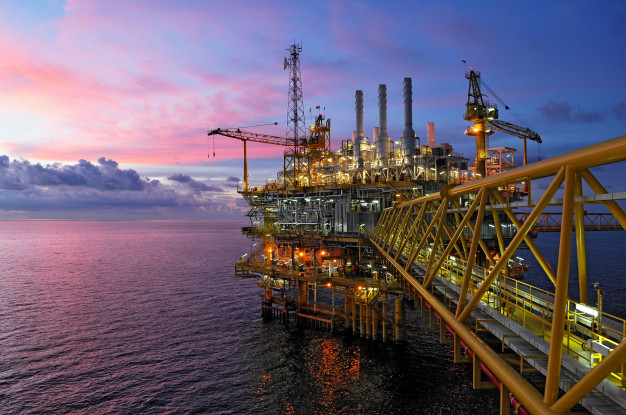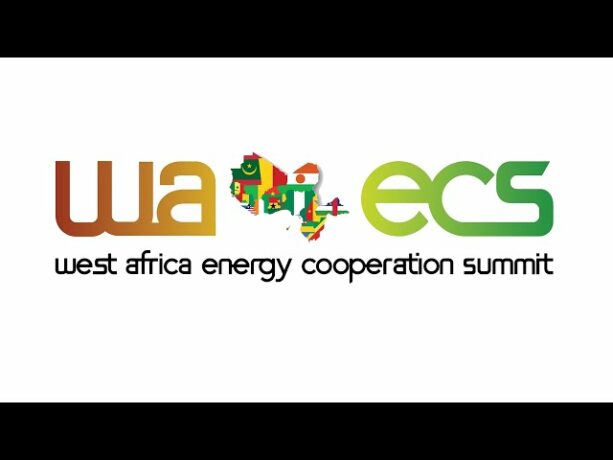
Following Energean’s withdrawal, British junior company Chariot has taken over operations of the Anchois offshore gas field, estimated to hold 18 billion m³ of gas. The streamlined and realistic project could play a key role in bolstering Morocco’s energy security.
It’s an unexpected yet strategic revival. On July 8, 2025, UK-based Chariot Limited announced it was resuming development of the Anchois gas field, located within the Lixus offshore license, off the coast of Larache. Long considered an uncertain promise, the project is getting a second wind after operator Energean pulled out.
With reserves estimated at 18 billion cubic meters, Anchois is once again a strategic asset for Morocco, which is striving to strengthen its energy independence amid a tense regional environment.
A Project Resurrected After Technical Setbacks
Discovered in the 2000s and relaunched by Chariot and Energean in the early 2020s, the Anchois field went through a promising exploration phase. Three wells—Anchois-1, -2, and -3—confirmed the presence of gas in several reservoirs, notably in layers B and C. However, the mixed results of Anchois‑3, drilled in the second half of 2024, led Energean to withdraw from the project in May 2025. Chariot, previously a minority partner, then took over 75% of the license and reinstated itself as the main operator, alongside ONHYM, which retains a 25% stake.
In contrast to its earlier ambitions, Chariot is now taking a more gradual and cautious approach. The relaunch will focus on confirmed volumes, relying solely on data from the existing wells. The aim is a modular development, with first gas targeted within 18 months, primarily intended for the Moroccan domestic market. The objective now is to deliver an economically viable, technically sound project that aligns with national needs.
A Boost for Morocco’s Energy Sovereignty
The Anchois project comes at a time of accelerated energy transition. Morocco, engaged in a large-scale rollout of renewable energy, remains dependent on gas imports, particularly via the Maghreb-Europe pipeline (GME), which is currently inactive on the Algerian side. Restarting production at the Anchois field would not only help secure domestic supply (for industry and electricity generation), but could eventually enable reconnection to regional flows, particularly toward Spain.
The planned infrastructure is deliberately scalable, based on available volumes. Chariot has mentioned the possibility of a gradual scale-up, depending on gas prices and market demand. Other exploratory targets within the Lixus and Rissana licenses are also under review. In the medium term, the project could attract new financial or technical partners—especially European ones—looking to diversify their sources of supply.
The Anchois experience also reflects a new momentum in the gas sector: mid-sized projects led by nimble junior companies capable of capitalizing on resources overlooked by the majors. If timelines are met and funding is secured, Chariot may turn Anchois into a model of efficient, low-impact gas development in line with 21st-century energy challenges.
A discreet yet strategic form of resilience—that’s perhaps the best way to describe the revival of the Anchois field. At a time when energy security is becoming a geopolitical priority, Morocco is making an ambitious move—this time, with a methodical approach.
Source : MAROC DIPLOMATIQUE



